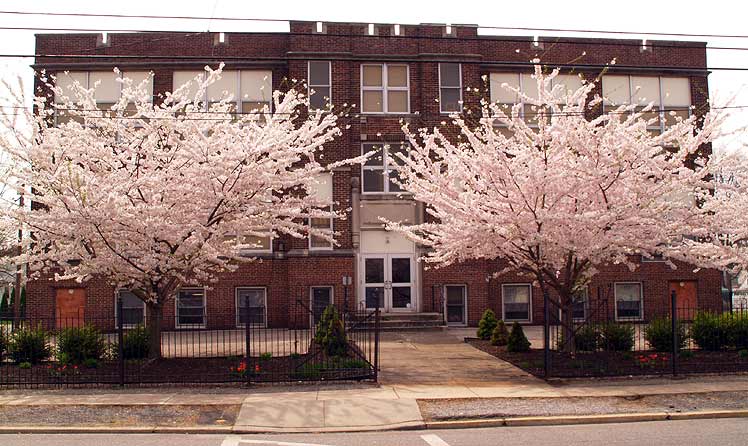signed
1849 · (Bonaire, Leeward Antilles
by BOYLE, William Ernst; Consulate of the United States of America, Bonaire
(Bonaire, Leeward Antilles, 1849. Very Good. Partly printed document, completed in manuscript (8" x 11"). Signed and dated (29th of July 1849) by U.S. Vice-Consul William Boye, and blind stamped with the U.S. Consulate seal of Bonaire. Partially split along two horizontal folds, very good. A rare, well-preserved document from the Denis Vandervelde Collection of Disinfected Mail of the World, 1590-2020. The certificate reads in part:
"I, William Ernst Boye, Vice-Consul of the United States of America for the port of Bonaire, do hereby certify, that the Schooner ... *Sylvan* of Stockton [California], of the registered burden of 137 tons, whereof (truncated)
"I, William Ernst Boye, Vice-Consul of the United States of America for the port of Bonaire, do hereby certify, that the Schooner ... *Sylvan* of Stockton [California], of the registered burden of 137 tons, whereof (truncated)



